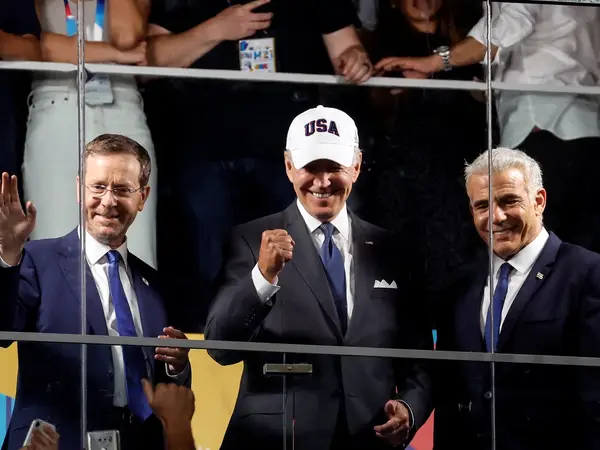As optimism about a nuclear deal with the West takes hold in Iran, its battered currency has risen by around 15 percent in August, which can help with inflation.
The US dollar has dropped from a high of 330,000 rials in June to around 280,000 in Tehran’s exchange market as of Sunday morning local time. That could help prevent a faster rise in the annual inflation rate, which stands at 54 percent, with food prices having risen by more than 100 percent in the past year.
The small but important reprieve from economic pressure, however, can reverse itself if negative signs emerge that the nuclear talks have hit a snag.
Statements and leaks by Iranian officials of having gained big concessions from the United States have fueled a sense of certainty that most important issues have been resolved in the talks.
At the same, time the Israeli Walla News reported on Saturday that Biden Administration officials have told Israel’s leaders a new deal “is not imminent” and Washington has not made any new concessions to Tehran.
However, the report said that Israeli officials, who in recent days had called for an end to talks, have not been convinced by US assurances.
“We may be closer to a deal than we were two weeks ago, but there are still uncertainties about a resolution and differences remain with the Iranians,” an unnamed US official told the site. “At any rate, the signing of a nuclear deal is not expected in the immediate timeframe.”
In fact, Iran is waiting for the US to send a response to the European Union regarding Iran’s position passed on to the EU on August 15. Observers were expecting the US response on Friday, but so far it is not clear when Washington will formally send an answer.
In the meantime, a leak from Tehran attributed details of “US concessions” to Iran’s top negotiator Ali Bagheri-Kani from a closed-door briefing with local reporters. It is not clear if the leak was meant to influence US politics regarding the nuclear deal or was to assure domestic audiences that Iran won in the negotiations.
The ultra-conservative Kayhan newspaper in Tehran, affiliated with Supreme Leader Ali Khamenei published a lead article on Sunday urging Iran’s negotiators not to give in the “America’s bluffs”. The paper claimed that the economic situation is so bad in Europe and the United States that they are the ones who need the nuclear deal.
At the same time, the government official news website IRNA on Sunday cited an International Monetary Fund report, saying that Iran’s available foreign currency reserves have risen from $21 billion in 2021 to $41 billion so far.
In fact, Iran’s economic crisis is far from being resolved, despite more clandestine oil exports starting from late 2020 and higher oil prices since the invasion of Ukraine.
A government official speaking on financial hardship to meet salary and pension increases promised to the population said that Iran’s estimated budget deficit would be 3,250 trillion rials until March 2023. Depending on the exchange rates, this could range from $13 billion to as much as $18 billion, but the important fact is that it constitutes around 30 percent of the budget.
The parliament’s research center estimated in December that the budget deficit for 2022 would be “between 3,000 and 6,000 trillion rials.”
